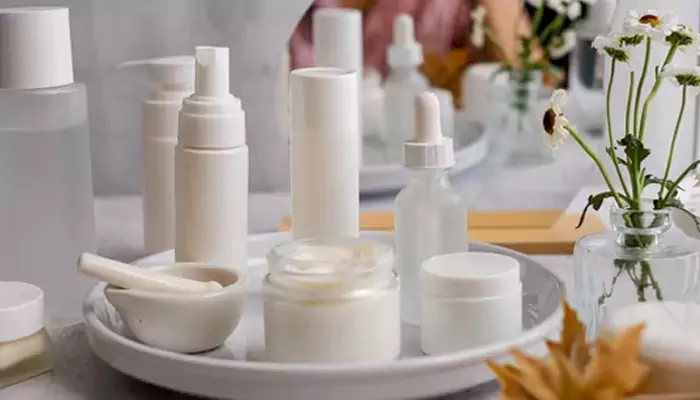
Home composting is an eco-friendly practice that transforms kitchen scraps and yard waste into nutrient-rich compost, benefiting both the environment and your garden. As more people become aware of the need for sustainable living, composting has gained popularity as a practical and beneficial solution. Here’s a look at the advantages of home composting and how you can get started on this rewarding journey.
Benefits of Home Composting
-
Reduces Waste
One of the most significant benefits of composting is its ability to reduce the amount of waste sent to landfills. Food waste and yard debris account for a large portion of municipal waste, and when these materials decompose in landfills, they produce methane, a potent greenhouse gas. By composting at home, you can significantly decrease your carbon footprint and contribute to a healthier planet.
-
Nutrient-Rich Fertilizer
Composting creates a natural fertilizer that enriches the soil. The compost produced from organic materials is teeming with beneficial microorganisms and nutrients that plants need to thrive. By using homemade compost, you can improve soil structure, enhance moisture retention, and provide a slow-release source of nutrients for your plants. This results in healthier plants and increased yields in your garden.
-
Promotes Soil Health
Regularly adding compost to your garden helps promote soil health by increasing its organic matter content. Healthy soil supports a diverse ecosystem of beneficial organisms, such as earthworms and microbes, which are essential for plant growth. Compost improves soil aeration and drainage, creating a more favorable environment for roots to grow and absorb nutrients.
-
Saves Money
By composting, you can reduce the need for chemical fertilizers and soil amendments, ultimately saving money in the long run. Additionally, composting helps create a sustainable cycle of nutrients, allowing you to rely on your compost instead of purchasing commercial products. This not only cuts costs but also ensures that you are using safe, organic materials in your garden.
-
Educational Opportunity
Composting can be a valuable educational experience for families and children. It teaches important lessons about sustainability, waste management, and the natural cycle of decomposition. Engaging kids in the composting process can inspire them to develop environmentally friendly habits that will last a lifetime.
Getting Started with Home Composting
-
Choose a Composting Method
There are several methods to choose from when it comes to composting. The two most common are the bin method and the pile method. Compost bins can be purchased or made from wood or plastic and help contain the composting materials, while a compost pile can be created directly on the ground. Choose the method that suits your space and needs best.
-
Gather Materials
Start by collecting kitchen scraps, such as fruit and vegetable peels, coffee grounds, eggshells, and grass clippings. Avoid including meat, dairy, and oily foods, as these can attract pests. You can also add yard waste like leaves, small branches, and garden clippings. Aim for a mix of green materials (high in nitrogen) and brown materials (high in carbon) for optimal composting.
-
Maintain Your Compost
To create high-quality compost, it’s essential to maintain the right balance of materials. Turn the compost regularly to aerate it, promoting decomposition and preventing odors. Keep the compost moist but not too wet; a good rule of thumb is to keep it about as damp as a wrung-out sponge.
-
Harvest the Compost
After a few months, your compost will be ready when it looks dark, crumbly, and earthy in smell. Use this nutrient-rich material to enrich your garden beds, pots, or as a top dressing for lawns.
Conclusion
Home composting is a simple yet impactful way to contribute to a more sustainable future. By reducing waste, improving soil health, and creating nutrient-rich fertilizer, composting not only benefits your garden but also the environment. With minimal effort, you can turn kitchen scraps into a valuable resource, making composting a rewarding practice for anyone looking to live more sustainably. So grab your kitchen scraps and get started on your composting journey today!












